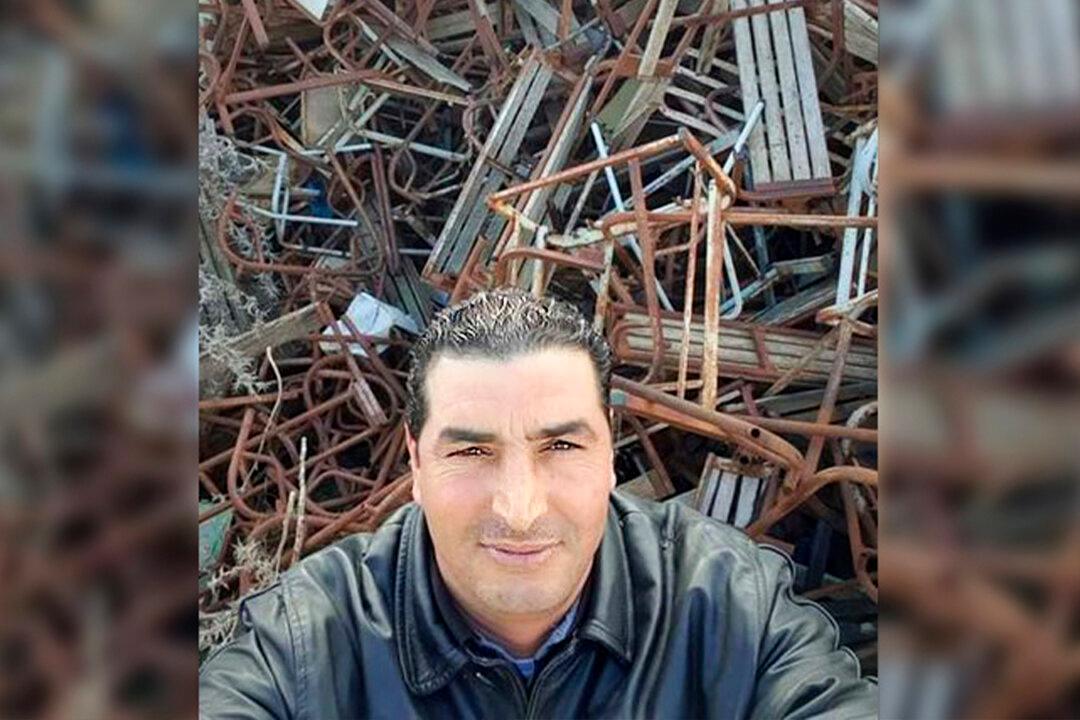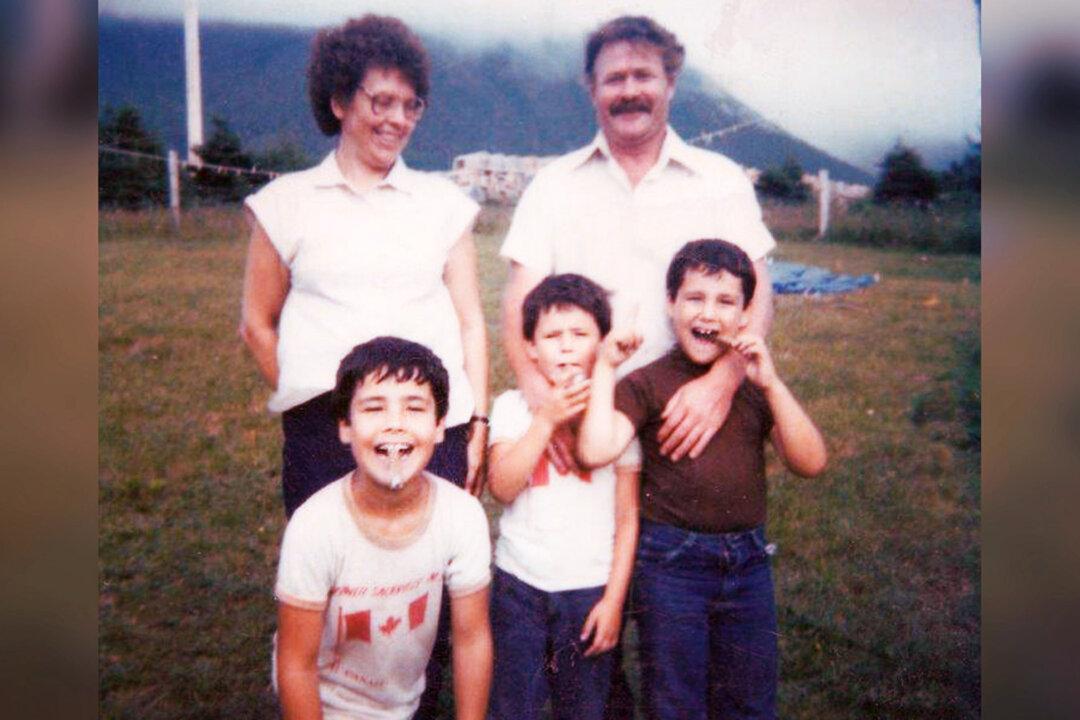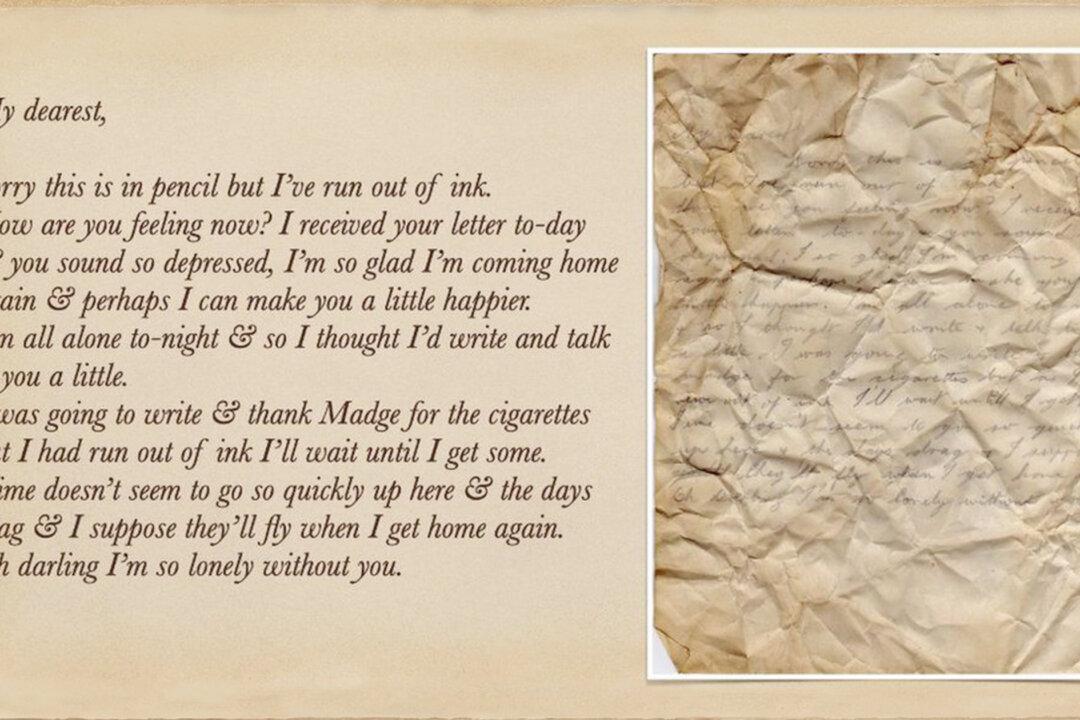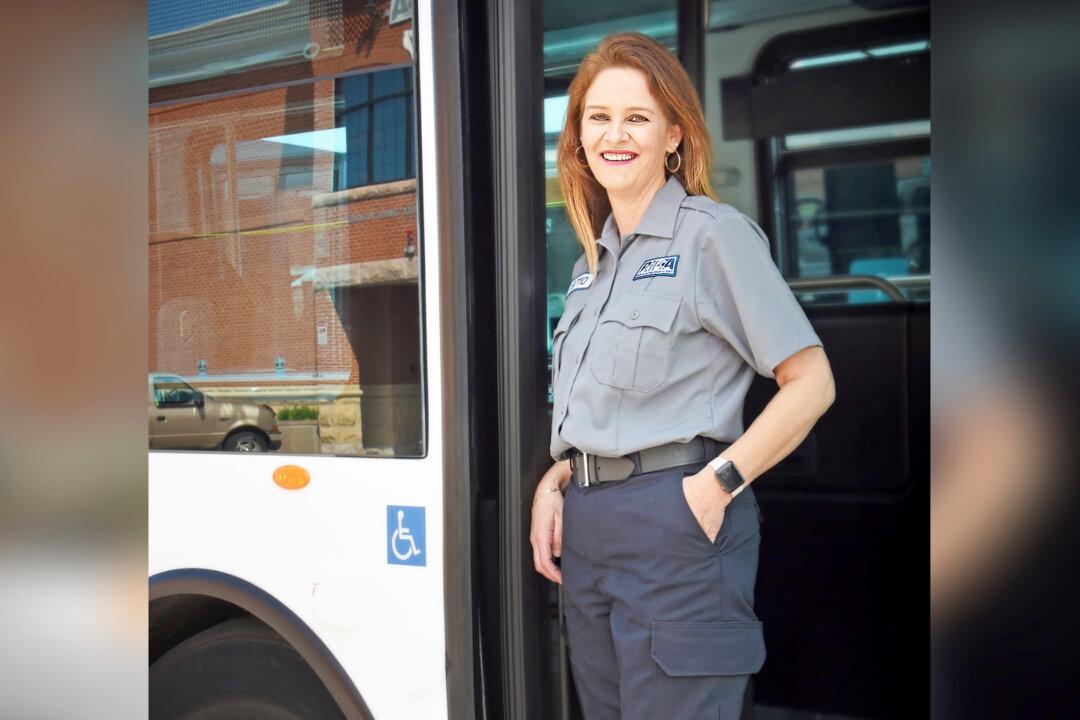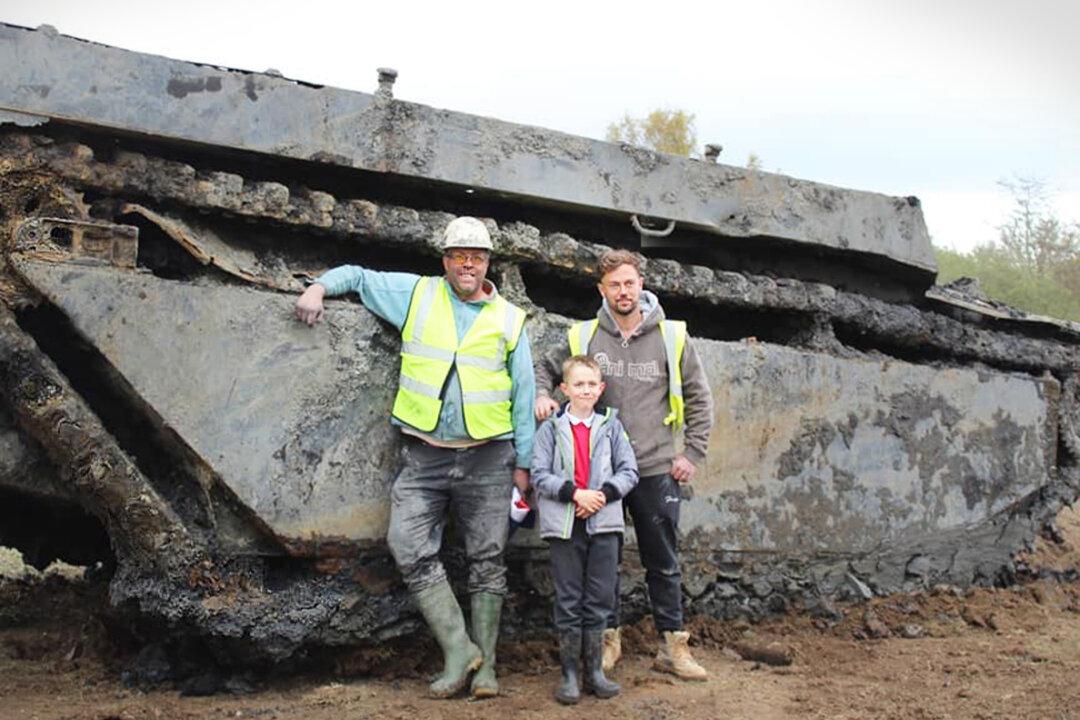Throwing away old furniture is just a part of life in some parts of the world. But in other areas where schools have little access to resources, it can seem like a travesty.
That’s why Karim Arafa, a Tunisian businessman, collects and upcycles old, broken furniture, making it like new again.

